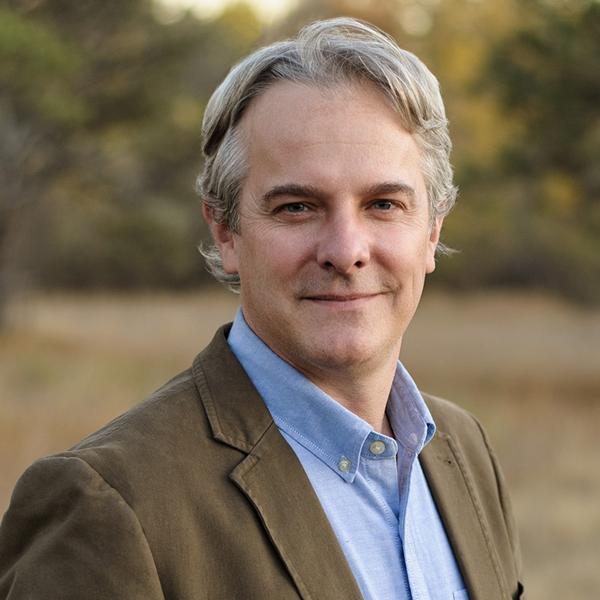If you ask someone to spell their name and they do so phonetically, there’s a good chance that person has a military background.
Kilo. Echo. India. Tango. Hotel.
That’s Keith, for those of you not familiar with the NATO phonetic alphabet.
I interviewed Keith, a U.S. Army veteran, as part of the work the Colorado Health Institute is doing in partnership with the Colorado Department of Human Services Division of Veteran Community Living Centers (VCLCs).
The Colorado VCLCs are nursing homes that provide care to veterans and Gold-Star family members. While the VCLCs are long-term care providers, they are interested in the health needs of all veterans as they anticipate future needs and seek to improve the delivery of health care services.
If Keith was mischievously trying to throw me off my game at the start of our interview by spelling his name phonetically, I was not fazed. I am an Army veteran, too. In many ways, we speak a common language.
Keith was born in Danville, Va., where his dad ran a tobacco farm and his mom worked as an X-ray technician. The family moved to Colorado when Keith was 12. His father was also a veteran and eligible for individual and family benefits. But that was never an option. “(My dad) always told us, we are his civilian kids. We were not allowed, as far as he was concerned, to use the VA (Veterans Affairs) system or any military system. We were civilians.”
Keith joined the Army at age 21, serving first as a reservist with a combat engineer unit and later as an active duty parachute rigger at Fort Bragg, N.C. After his enlistment, he returned to civilian life in the prime of his youth with a sharp mind and a diverse skillset. However, lingering pain from injuries he suffered during basic training, ongoing issues with alcohol use, and a head injury suffered years later in a motorcycle accident eventually sent his health, and subsequently his life, into a downward spiral.
Keith lost his mobile home near Winter Park after a dispute with his landlord. He lost his mobile home in Aurora after a rent increase. He lost his left big toe to frostbite while living on the streets.
At that moment — homeless, cold, tired, alone, sitting in a hospital waiting to have a part of his body removed — Keith said he was suicidal.
But while at the hospital, Keith was also connected to Beacon Place, a transitional housing facility run by the Colorado Coalition for the Homeless. About half of the approximately 40 residents are veterans referred through the VA. The average stay at Beacon Place is one year, according to Program Manager Sean Kiley. Residents are assessed to see if they are in a position to resume living independently, or if they will require long-term services and supports.
For now, Keith is off the streets and has his own private room, although he despises the constant smell of cigarette smoke, a smell he’s hated since his days growing up on the tobacco farm. He is required to meet at least weekly with his case worker, Haley, who helps him understand his care needs and reminds him of upcoming appointments. “The day I went into the VA system, I realized I did not have control,” he said.
Starting with his father not allowing his family to use veteran’s benefits and continuing through his service and his post-military life, Keith was never fully aware of the variety of services and supports available to him. “I’m 57 now, soon to be 58. I didn’t know none of this stuff until now.”
Keith’s story is uniquely his, but, unfortunately, it’s also familiar to a large number of veterans. Many men and women who swore an oath to protect the country later find themselves depending on the same country to provide vital health and human services. In 2017, about one in four Colorado vets received disability compensation and 40 percent were enrolled in the VA health care system.
Their stories are not always easy to hear, but we at CHI believe listening to individuals is an integral part of understanding systems and improving those systems to better serve people.
Toward the end of my interview with Keith, I asked if he wanted me to use his real name or an alias when I wrote about him. “Use my name. One-hundred percent. All three of them,” he said.
So this Veterans Day, the Colorado Health Institute salutes all veterans, and we especially thank Keith Wayne Stegall who, by sharing his story, continues to serve his country and his fellow veterans.
Related Blogs and Research


